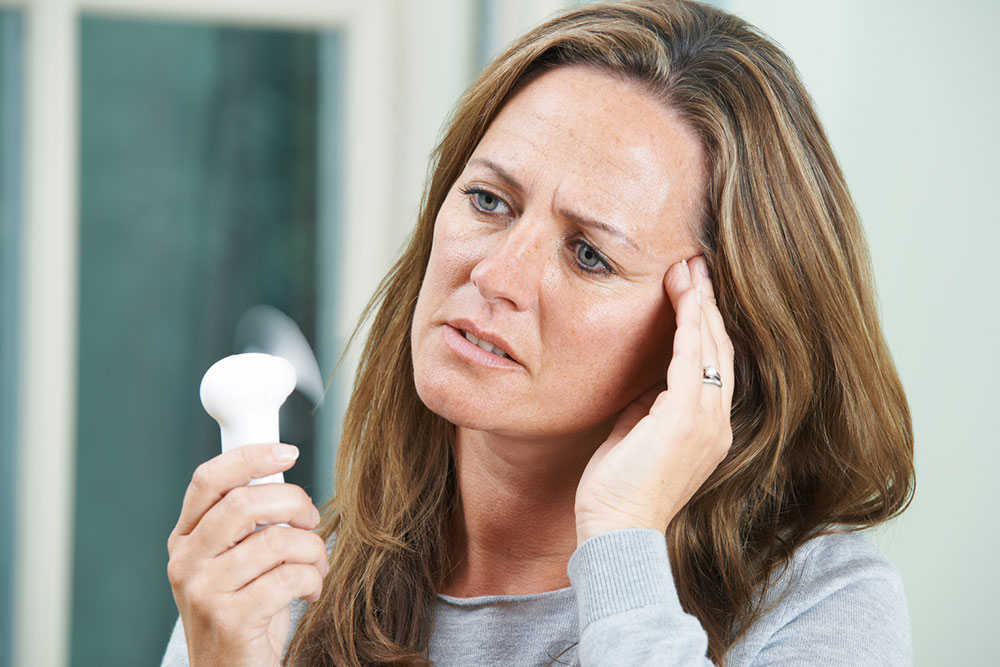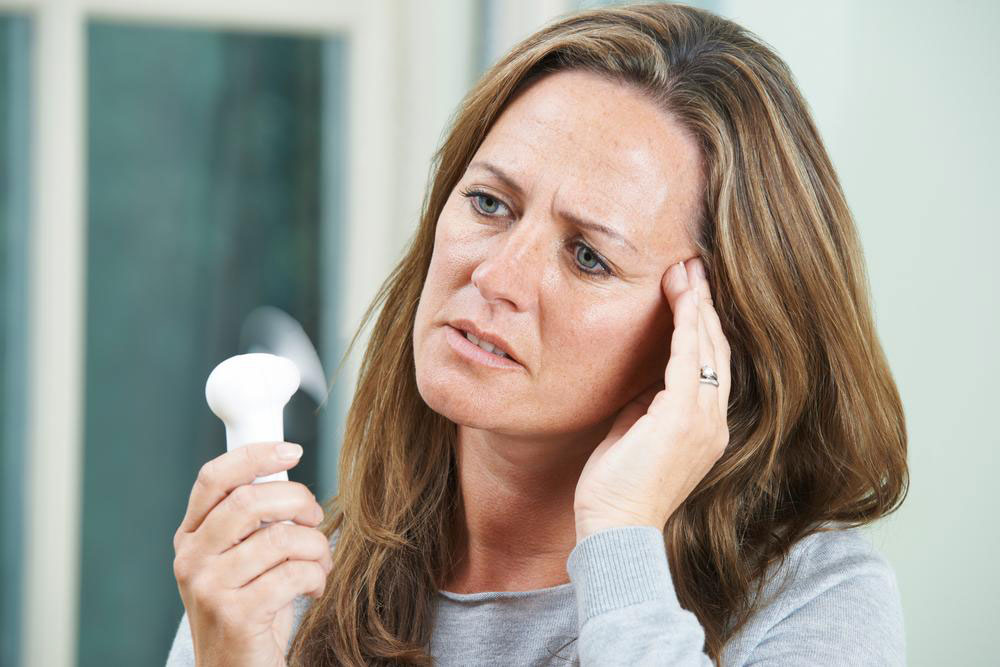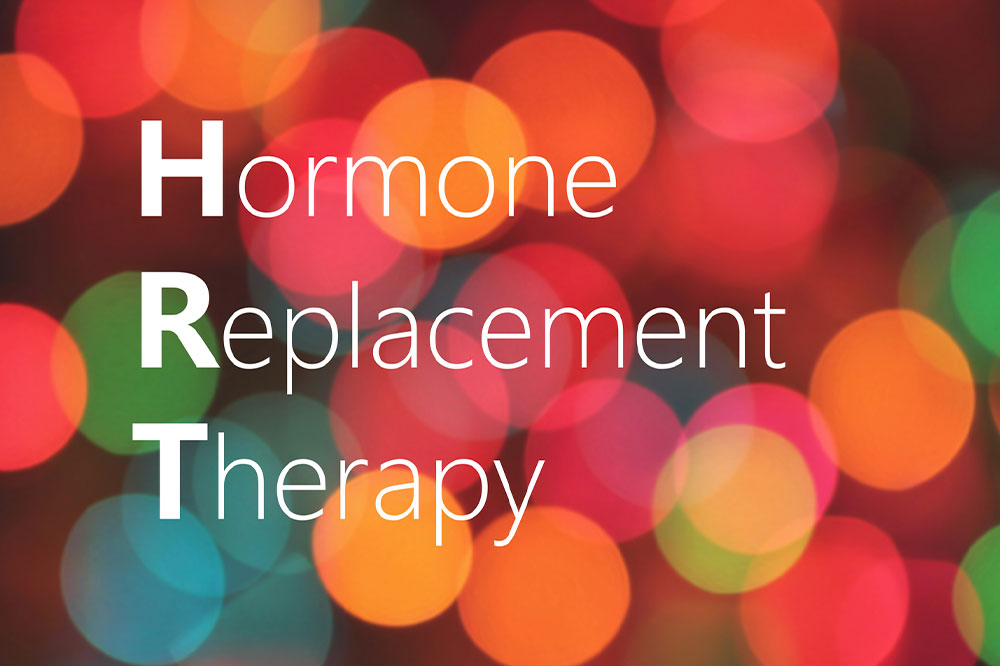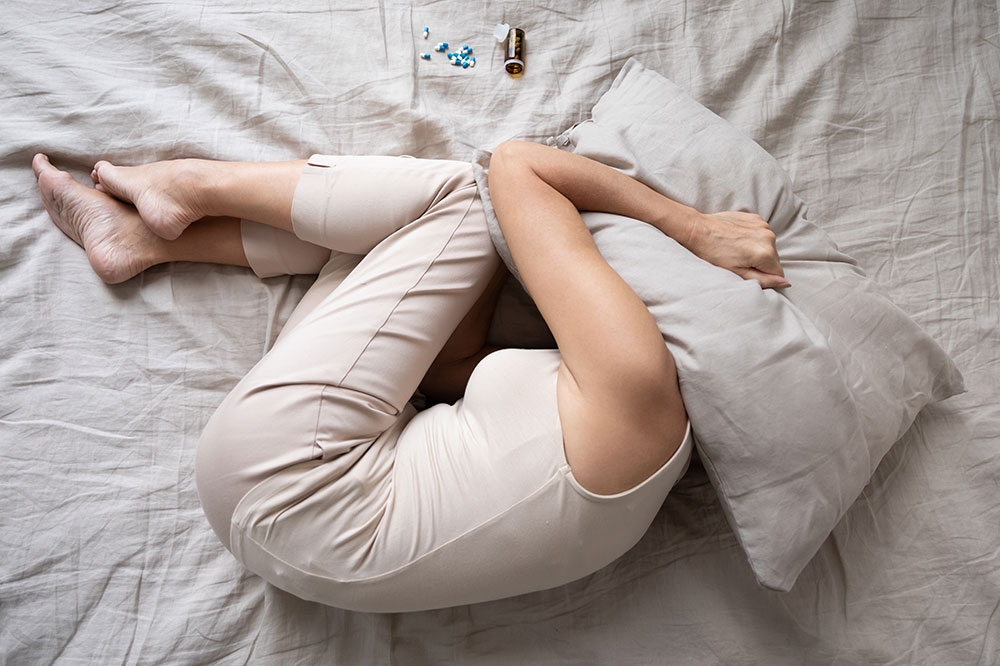Comprehensive Guide to the Causes and Management of Menopause
This comprehensive guide explores the primary causes of menopause, including natural hormonal decline, surgical removal of reproductive organs, cancer treatments, and autoimmune conditions. It emphasizes understanding symptoms and management options, such as hormone therapy and medications like INTRAROSA®, to help women navigate this natural life stage more comfortably. The article also discusses how healthcare strategies can support emotional and physical well-being during menopause, promoting a holistic approach to health and longevity.

Exploring the Main Factors Behind Menopause and How to Manage Them
As women journey through different stages of life, their bodies undergo profound transformations, especially during the transition into menopause. Menopause marks a significant milestone in a woman’s reproductive lifespan, typically occurring between the ages of 40 and 55, though this can vary widely among individuals. It is characterized by the cessation of menstrual periods for at least 12 consecutive months and signals the end of fertility. This change is driven by complex hormonal shifts that can trigger a wide array of physical and emotional symptoms, impacting daily life and overall well-being. Understanding the various causes of menopause is essential for women to anticipate, manage, and navigate this natural phase effectively.
Menopause involves intricate biological processes that influence a woman’s health beyond just the cessation of menstruation. Women may encounter symptoms such as hot flashes, night sweats, mood swings, vaginal dryness, and sleep disturbances—effects that can significantly disrupt daily routines and emotional stability. Recognizing the primary causes of menopause enables healthcare providers and women themselves to implement appropriate management strategies to mitigate discomfort and maintain health during this transition. The main factors that contribute to menopause include natural hormonal decline, surgical interventions, cancer treatments, and certain medical conditions affecting ovarian function.
Natural Hormonal Decline: A leading natural cause of menopause is the gradual decrease in reproductive hormones—primarily estrogen and progesterone—that begins in a woman’s late 30s to early 40s. This decline results in irregular menstrual cycles and eventually the cessation of periods. Symptoms associated with hormonal decline include vaginal dryness, reduced libido, hot flashes, and mood disturbances. These changes can be managed with hormone therapies such as hormone replacement therapy (HRT) under medical supervision. Medications like INTRAROSA®, approved by the U.S. Food and Drug Administration (FDA), specifically address vaginal atrophy and dryness, helping restore comfort and improve quality of life during menopause.
Surgical Causes: Some women undergo surgical procedures such as hysterectomy (removal of the uterus) or oophorectomy (removal of the ovaries), which can induce early menopause. Particularly, when the ovaries are removed, hormone production drops sharply, causing immediate menopausal symptoms. Surgical menopause can happen at any age, often unexpectedly, leading to intense hot flashes, vaginal dryness, and other menopausal symptoms. Lifestyle changes, hormone replacement therapies, and medications like INTRAROSA® can help manage these symptoms effectively. Preparing women pre-surgery with thorough counseling can improve post-operative quality of life.
Cancer Treatments: Chemotherapy and radiation therapy are common cancer treatments that can impact ovarian function, inducing early menopause. The severity and permanence of menopause post-treatment depend on the type and dosage of therapy administered. Many women experience hot flashes, vaginal dryness, and emotional turbulence following cancer treatments. Some of these effects may be temporary, while others could be long-lasting. Medical intervention, hormonal therapies, symptom-specific medications, and psychological support are crucial in helping women recover and adapt during this challenging time.
Ovarian and Autoimmune Conditions: Conditions like primary ovarian insufficiency (POI), also known as premature ovarian failure, affect approximately 1% of women before age 40. These are often caused by genetic factors, autoimmune diseases, or external factors damaging the ovaries. Women with POI may experience early menopausal symptoms, such as hot flashes, mood swings, and infertility. Management strategies include hormone therapy to replicate natural hormone levels, lifestyle modifications, and ongoing medical support to enhance overall health and well-being.
In managing menopause, especially when triggered early or prematurely, a holistic approach is vital. Regular consultations with healthcare providers, a healthy diet, physical activity, stress management, and appropriate medications can all contribute to a smoother transition. For women experiencing painful intercourse or severe symptoms, targeted treatments like vaginal moisturizers, lubricants, and medications such as INTRAROSA® can significantly improve comfort and intimacy. Ultimately, informed awareness and proactive care empower women to maintain their health and vitality during this natural life phase.





